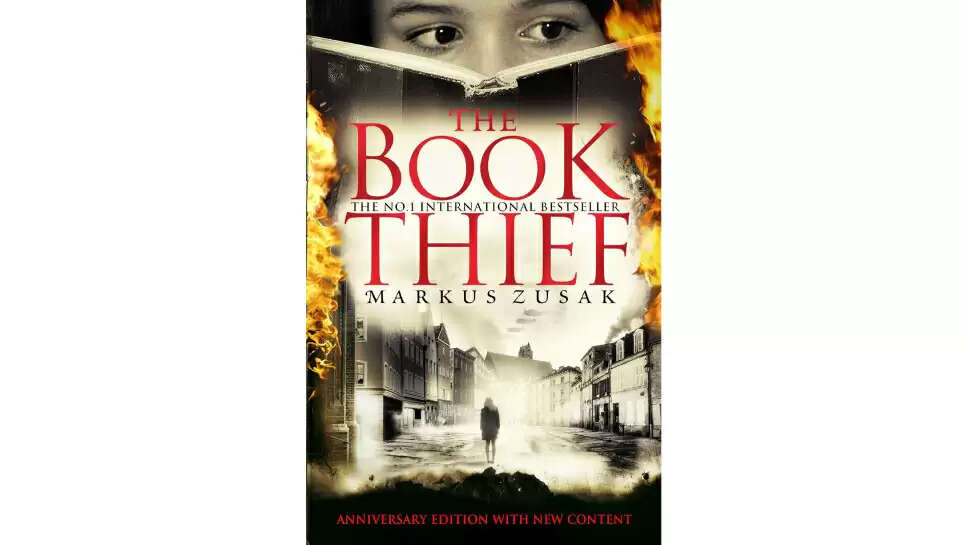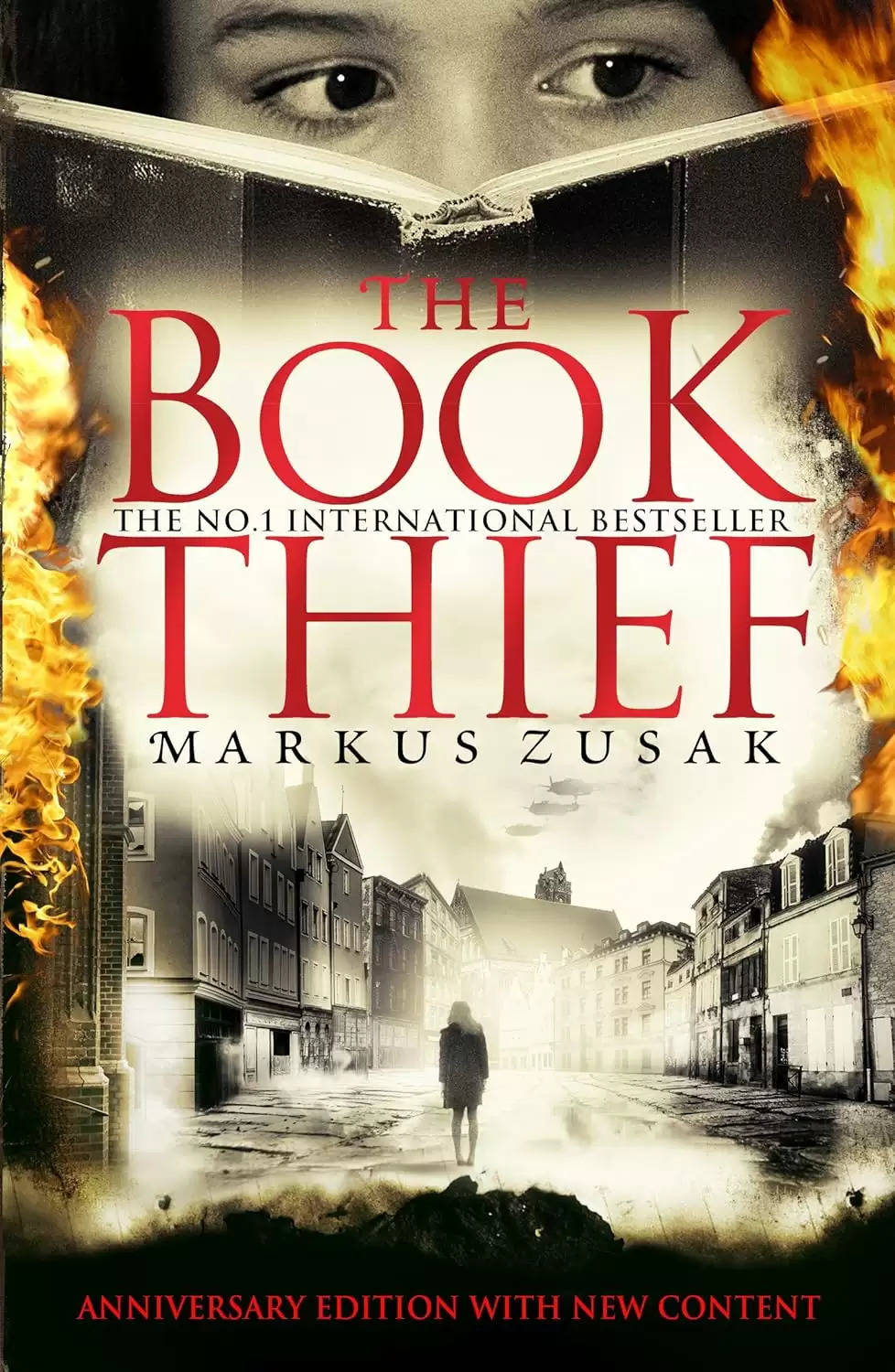7 lessons from "The Book Thief" by Markus Zusak

The Book Thief, written by Markus Zusak, is a striking and emotionally gripping story that takes place against the backdrop of World War II. It is packed with valuable lessons that will stay with you long after you have placed the final page in the book. The following are seven of the most important things that I learnt from reading the book:
1. The Power of Words: The main idea of the book is how words can change things. Early on, the main character, Liesel Meminger, learns that words can be both a tool and a comfort. Her love of books and stories helps her avoid the harsh realities of Nazi Germany. Reading this makes me remember that words can heal, inspire, and unite people. They're not just ways to talk to each other; they're also ways to bring about change.
2. The Strength of Human Connection: Liesel makes deep links with other people, even though she lives in a harsh world during the war in Germany. Her relationships with Rudy, Max, and even the people who live on Himmel Street show how important friendships are, especially when you're feeling down. The relationships in the book tell us that love and understanding can be very strong and comforting.
3. The Complexity of Good and Evil: Zusak doesn't show morals as black and white. Hans Hubermann and Rosa, Liesel's foster mother, are two characters who are deeply flawed but also very kind. Even bad guys like the Nazis have stories and reasons for doing what they do. People who read this book are encouraged to see how complicated people and situations are and to realise that good and bad are often linked.
4. Strength in the Face of Adversity: Liesel's story shows how strong people can be. She goes through losing loved ones, going hungry, and the constant fear of war, but she keeps going. It's amazing how she can keep going and find beauty and meaning even when things are bad. The book shows us that being resilient doesn't mean never falling, it means always getting back up after we do.
5. The Importance of Memory: In the book, memory is very important. Liesel writes down memories and reads stories to honour the people she has lost and keep the past alive. This shows how important it is to remember our past and the people who have made our lives what they are today. When we remember things from the past, we can learn from them.
6. The Part of Sacrifice: A lot of the people in the book give up important things. Hans Hubermann's choice to hide Max, the Jewish criminal on the run, is a strong example. When people make sacrifices, they do so out of deep love and courage, even if it costs them a lot. This shows us that being strong and caring means putting the needs of others ahead of our own, even when it's hard.
7. Finding Beauty in the Mundane: In the middle of the chaos of war, Liesel finds beauty in everyday things like a stolen book, the company of friends, and the comforting presence of her foster father. The book makes the point that beauty isn't always found in big events, but in small, everyday things and acts of kindness. It reminds us to enjoy the little things in life that make us happy and show our love, even on the worst days.
There are many lessons to be learnt from The Book Thief about people, persistence, and the power of words that last. It helps us remember that there is hope even when things are very hard and ways to improve our own lives and the lives of others.

Book: https://amzn.to/4fnJQeQ
--
-- Class Dismissed --
You Might Also Like: 10 Lessons from "Gone Girl" by Gillian Flynn's
